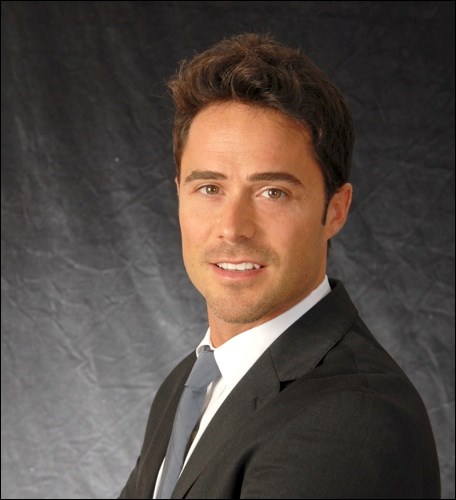Readers may recall the famous line from the 1983 American comedy-drama film The Big Chill. After a long lament about responsibility and adulthood, one of the lead characters states, “The thing is no one ever said it would be fun – at least no one ever said it to me.” Recently, Canada’s recent stock market and currency underperformance has not been much fun either. Many did not get the memo that Canada’s tailwinds (primarily driven by a multi-year commodity boom) were quickly turning to headwinds. No one told them it would be this way.
To be blunt, the investment environment in Canada has become downright chilly. Figures from Statistics Canada for 2017 show that foreign direct investment into the country fell to the lowest since 2010, dropping 26%, to C$33.8 billion. This is the second year that flows have dropped and are down more than 50% since 2015.
Net foreign purchases of Canadian corporations also turned negative for the first time in a decade (meaning that foreign companies sold more Canadian companies than they bought). High profile exits from ConocoPhillips and Royal Dutch Shell led the capital exodus last year.
The above underscores the impact of a lingering commodity slump and the declining attraction of Canada as an investment destination. And while energy prices have recovered somewhat, prolific shale plays in Texas and Oklahoma are following through with their own investment boom, while the oil sands have fallen out of favor. What’s more, the additional headwind of growing U.S. protectionism and worries about the fate of the North American Free Trade Agreement has foreign capital on hold.
All of the above is clearly a major setback for Trudeau’s Liberal government, which has continually emphasized attracting foreign investment.
Outlook for Canada remains constrained
To be sure, not everyone is suffering. Canada’s unemployment rate hit the lowest level in four decades in February. And, while Trudeau’s “sunny ways,” “responsible deficits,” and a potential lift from Trump-induced fiscal stimulus have engineered some optimism, the cyclical outlook is still constrained.
The Bank for International Settlements has even singled out Canada as one of three countries in the world vulnerable to a credit crisis, given maxed-out credit cards and extreme household debt levels in the wider economy (the country’s ratio of household debt to disposable income reached a record 171% in the third quarter of 2017).
Our central bank also recognizes macro risks. Governor Stephen Poloz, delivering a speech to his alma mater Queen’s University (wearing a 1978 Queen’s maroon leather jacket nonetheless), observed, “… there remains a degree of untapped potential in the economy. It means Canada may be able to have more economic growth…without generating higher inflation.” Translation: The economy is not yet on solid footing – the punch bowl is here to stay for some time.
Investment implications
Canadian assets have fallen out of favour on the world scale. And while Canada is not just a petro-country, international capital will remain on the sidelines until firm evidence surfaces that economic growth is on a more sustainable path and some policy uncertainty is removed (not least of which is clarity on NAFTA). That makes it difficult for Canadian stocks, bonds, and the currency to catch a lasting bid. Meanwhile, concerns over household debt, investment activity, business formation, and trade will keep our country’s central bank committed to a very gradualist approach, providing less appeal for global bond investors.
Of course, as we have reminded readers for some time, Canadians continue to be overexposed to domestic assets. However, change is happening at the margin, as many Canadians now scramble to embrace global diversification. In fact, Canada is now a creditor to the U.S. for the first time on record, reflecting Canada’s renewed love affair with assets south of the border. Expect this trend to widen to investments outside of the United States. A secular portfolio shift has begun.
Courtesy Fundata Canada Inc. © 2018. Tyler Mordy, CFA, is President and CIO of Forstrong Global Asset Management Inc. Securities mentioned are not guaranteed and carry risk of loss. This article is not intended as personalized investment advice.




